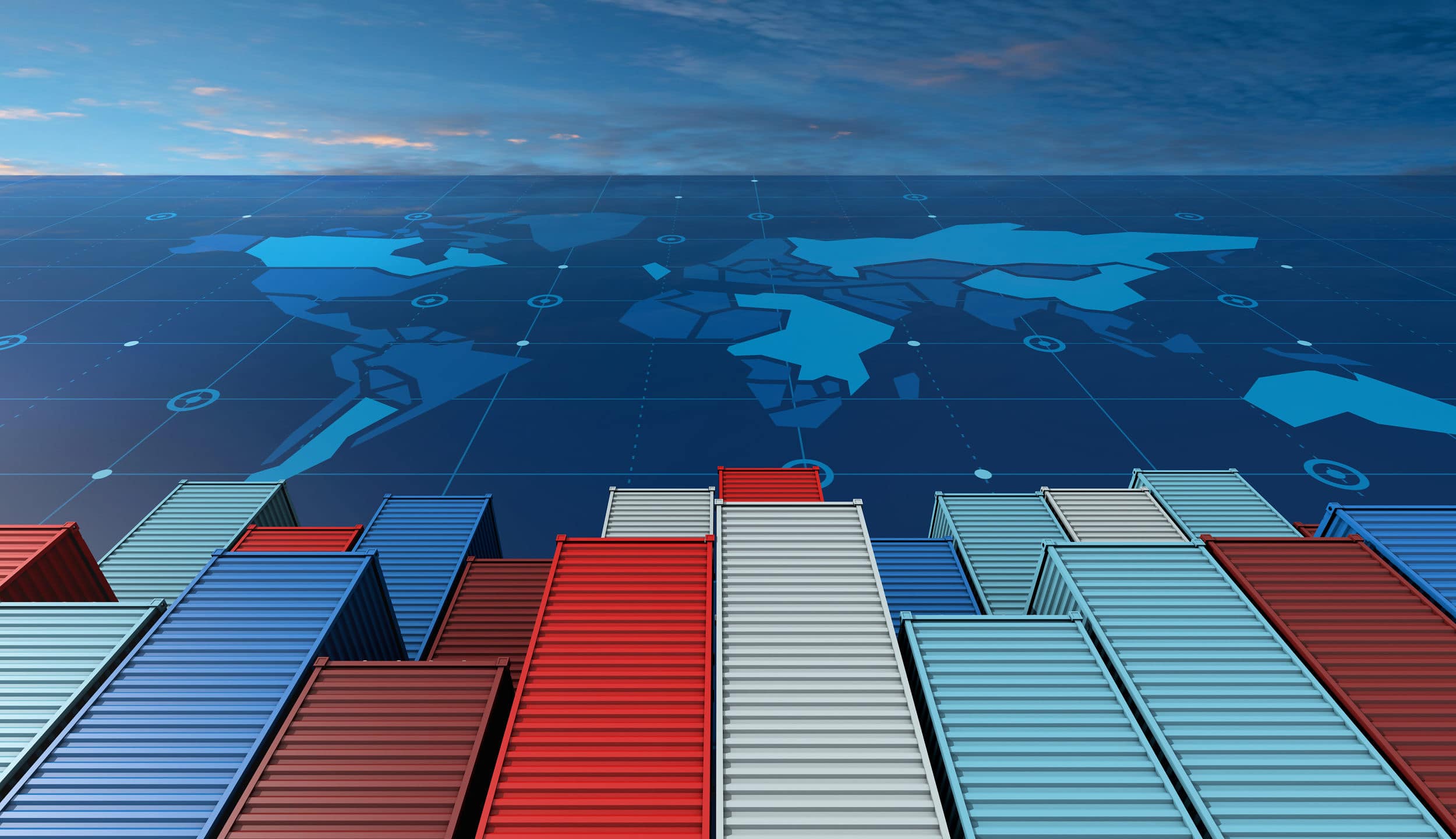1. Apply Accurate Tariff Classifications
Knowing and using the Harmonized System of Tariff Classifications (HS Code) is a basic requirement for all import/export businesses.
The HS Code:
- Consists of 5 pieces of information that make up a single, ten-digit code.
- Chapter, heading, subheading, national tariff, and regional tariff.
- Provides an international standard for labeling goods
- Allows for varying levels of tariff, duties, and taxes to be applied to different goods
- Makes it easy to enforce national laws on illegal or restricted goods
The is a nearly unlimited possible combination of codes, each subject to their own laws, duty fees, and tax. In complex systems such as the HS Code, mistakes are common, but those mistakes can be costly.
Choosing the most accurate HS code for your product:
- Prevents unnecessary inspections and delays. If your HS codes are found to be inaccurate, all of your current and past imports may become scrutinized. The best-case scenario after this is a slow-down product fulfillment, but in the worst case, you may be back paying tariffs with interest and fines.
- Prevents problems associated with underpaying tariffs. If your goods are improperly labeled, you may be underpaying the required amount. When this is discovered, your company would be required to back pay the missing figure as well as additional costs.
- Prevents overpaying tariffs. Likewise, mislabeling can also mean you overpay what is actually due. If discovered, you cannot expect any refunds on past tariff payments.
Periodically inspecting your company’s use of the HS code can reveal costly errors like the above, which can be corrected to optimize your savings.

2. Utilize Free Trade Agreements
A free trade agreement is a pact between two or more countries that allows them to exchange goods with limited barriers. Most of these agreements limit or reduce government tariffs, quotas, subsidies, or prohibitions on trades between the party nations.
Most free trade agreements come with certain requirements. Identifying and meeting those requirements can save your company significantly.
If your exporting country has a free trade agreement with your target market, you would do well to understand the rules involved and apply them or else suffer through unnecessary tariffs. These additional costs will cripple your potential profits.
Free Trade Agreements Include:
- The 2020 United States–Mexico–Canada Agreement (USMCA) and the 1992 North American Free Trade Agreement that preceded it eliminates nearly all tariffs between the three largest countries in North America.
- European Union Customs Union (EUCU) is a trade agreement between all European Union members (as well as Monaco and two British overseas territories– Akrotiri and Dhekelia) that removes all internal tariffs between members but imposes tariffs on external imports.
If an export’s point of origin can be proven to originate from a country bound by a free trade agreement and the target market is also within the scope of this agreement, then no tariffs will be applied except in certain specific circumstances.
Failure to provide proof of origin would mean not taking advantage of this agreement and being subject to the same tariffs that export outside of the agreement face.
3. Understand Export Control Laws
The World Trade Organization regulates most imports and exports. Understanding the laws and principles behind them is key to successful international trade, but the WTO is made up of many participating nations.
Every individual member country also has its own say. This results in special categories specific to different nations.
Paying close attention to these special circumstances can save your company from unanticipated problems. For example, Turkey requires a special certificate to be obtained for any imports of foreign pet food and that the foreign production facility is approved by the European Union.
Familiarizing your company with the WTO’s regulations is half the battle, but an optimized strategy requires research into each individual target market’s import laws.
Two practical resources for doing so are:
- World Trade Organization’s Trade Facilitation Agreement Database
- National Trade Estimate Report on Foreign Trade Barriers. This report is compiled by the United States. While valuable, this report has no authority on your export destination’s country.

4. Hire The Best
Undertaking an effective trade compliance strategy requires a massive investment of time and resources.
Keeping up with just one country’s daily-changing trade policies is nearly impossible for most businesses, which puts them at risk of unknowingly participating in illegal trading or missing out on cost-saving practices.
By employing the experts at OCR, Global Trade Management, your business’ trade compliance will be handled by the most qualified team of experts available.
- Nearly 40 years of experience is relied on by companies from across the globe, including Fortune 500 businesses, and our expertise is available to you and your business as well.
- We know how best to navigate the ever changing global market and have mastered the optimization strategies outlined above.
- Contact us to request a free product demonstration or consultation today.



